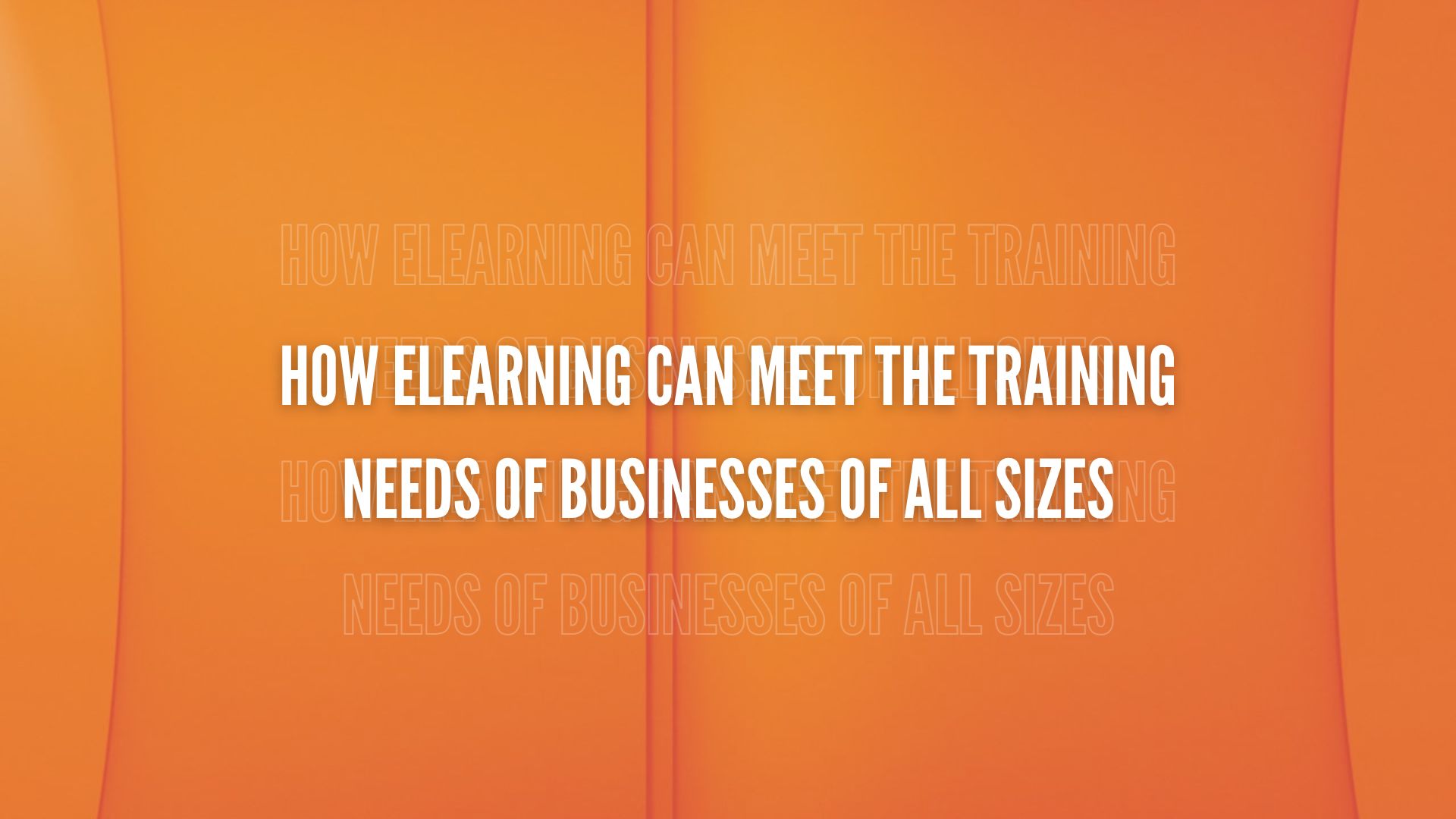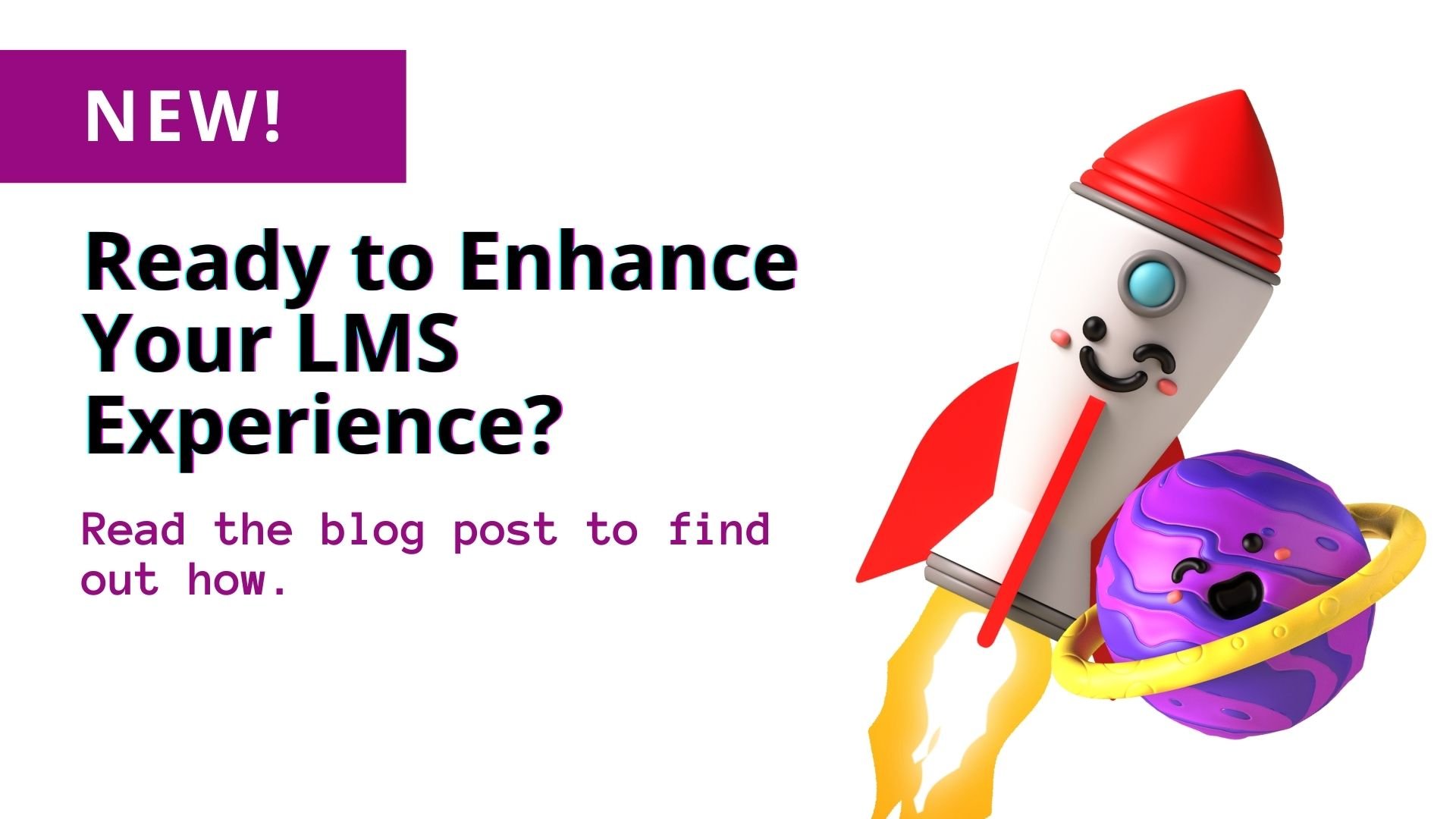Human beings are social creatures. Whether introverted or extroverted in personality, people have a strong need for social interactions and meaningful relationships. In addition to being social, we are also highly adaptable and have an impressive ability to quickly adopt new behaviors.
Part of what allows us to absorb new information is our capacity to learn from others and from the observations recorded in our collective history. This is the social nature of our existence. Think about it – if people relied solely on their personal experiences, they would have very little in the way of complex scientific theories. Almost all of our advanced studies are built upon the lessons learned and passed along from our predecessors.
The name for this type of behavior is observational learning, and it has been studied by psychologists and learning theorists for decades. Observational learning, also referred to as social learning, occurs when someone observes another person performing an activity, and follows suit. Social learning also happens when a person reads about or watches recorded instruction of an activity. Observational/social learning, or learning from the experiencesof others, teaches us how to operate in society, particularly in the workplace. It’s unarguable that social learning comes naturally to the human race.

Why Social Learning in the Workplace is Growing
What is the primary type of training that happens in the workplace? You guessed it: observational training. The survey How Informal Learning is Transforming the Workplace states, “Over 70 percent of what we learn…at work is learned informally and socially.” And, social learning in the workplace is growing. Why? Companies are cutting back on instructor-led training. This is happening because instructor-led workplace education is expensive and time consuming. Most employees end up learning the majority of their job duties, as well as workplace protocol and social behavior, from coworkers and other informal sources rather than from employee training sessions.
The fact that most people are learning workplace behaviors primarily from their peers isn’t a bad thing. On the contrary, it’s a good thing, as it lessens the need for in-person training and compliments our affinity for social learning. The only problem with social/observational learning is, it can be difficult for employers to track and record.
An LMS Tracks Observational Knowledge Transfer
Since most of the training that happens in the workplace is informal, and because social learning is difficult to track and record, employers have a bit of a dilemma on their hands. (This is especially true now that social learning is on its way to replacing in-person training in the workplace.) An LMS (learning management system) is the solution for employers, as it allows them to effortlessly track and record the social learning experiences of themselves and their employees.
The social learning management system TOPYX is ideal for an employer who wants to transition his or her workforce from classroom-style training to observational training. TOPYX is loaded with features that compliment and encourage the social learning process. This award-winning LMS was designed to expertly maintain records and record the learning experiences of users as well as administrators. TOPYX allows administrators to design online courses and acts as a virtual classroom that appeals to social learners.
Training and learning will continue to evolve to meet the needs of our culture and society. Fortunately, we as humans are up to the task. The fact that we are social learners will never change; therefore, employers who want their organizations to be prosperous should provide their employees with a social learning platform.





